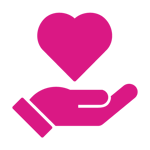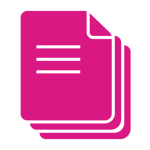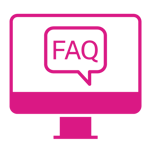
Health professionals – doctors, practice nurses, allied health professionals and community health providers – play a crucial role in supporting women to screen regularly.
Women are more likely to get a breast screen if recommended by their doctor or health professional.1520
Evidence shows that screening mammograms are most effective for women aged 50–74.1550
All women aged 40+ are eligible to attend BreastScreen NSW.
Supporting your patients before a breast screen makes it more likely they will attend their appointment.1520
We offer a range of breast screening resources for educational and professional development.



